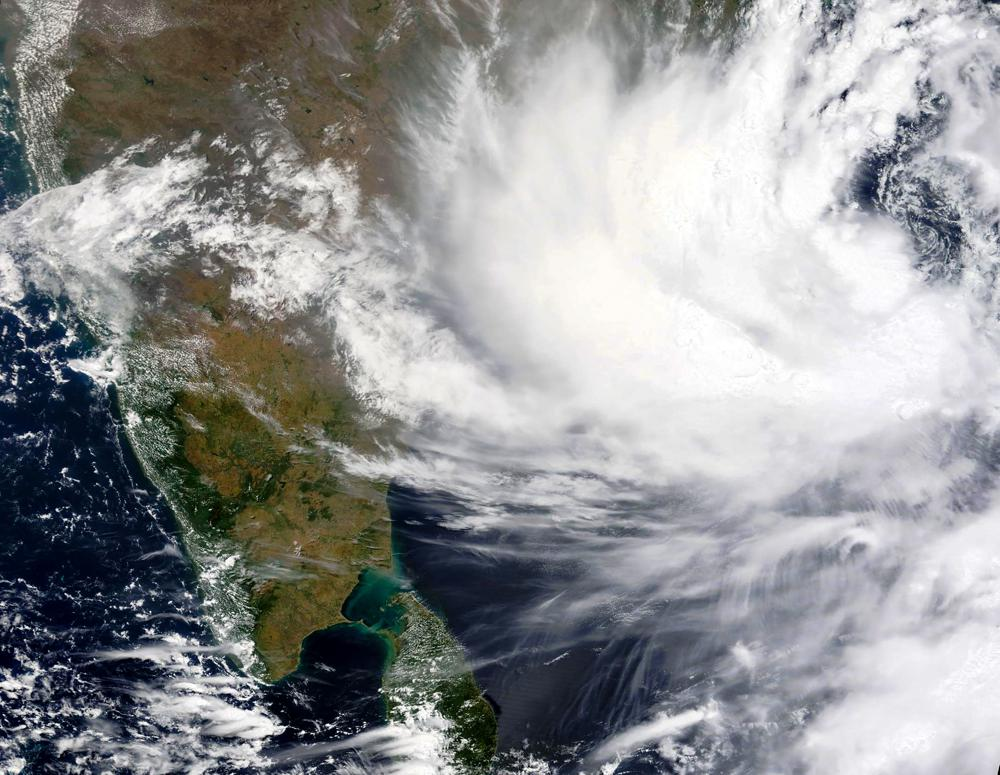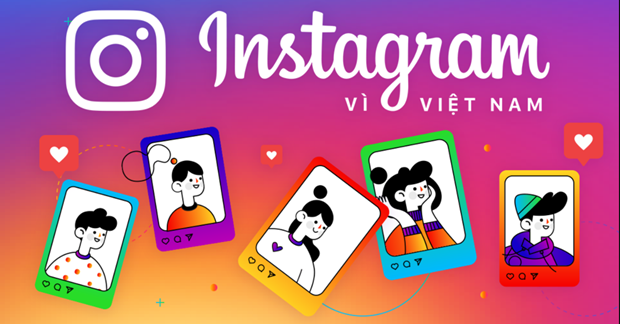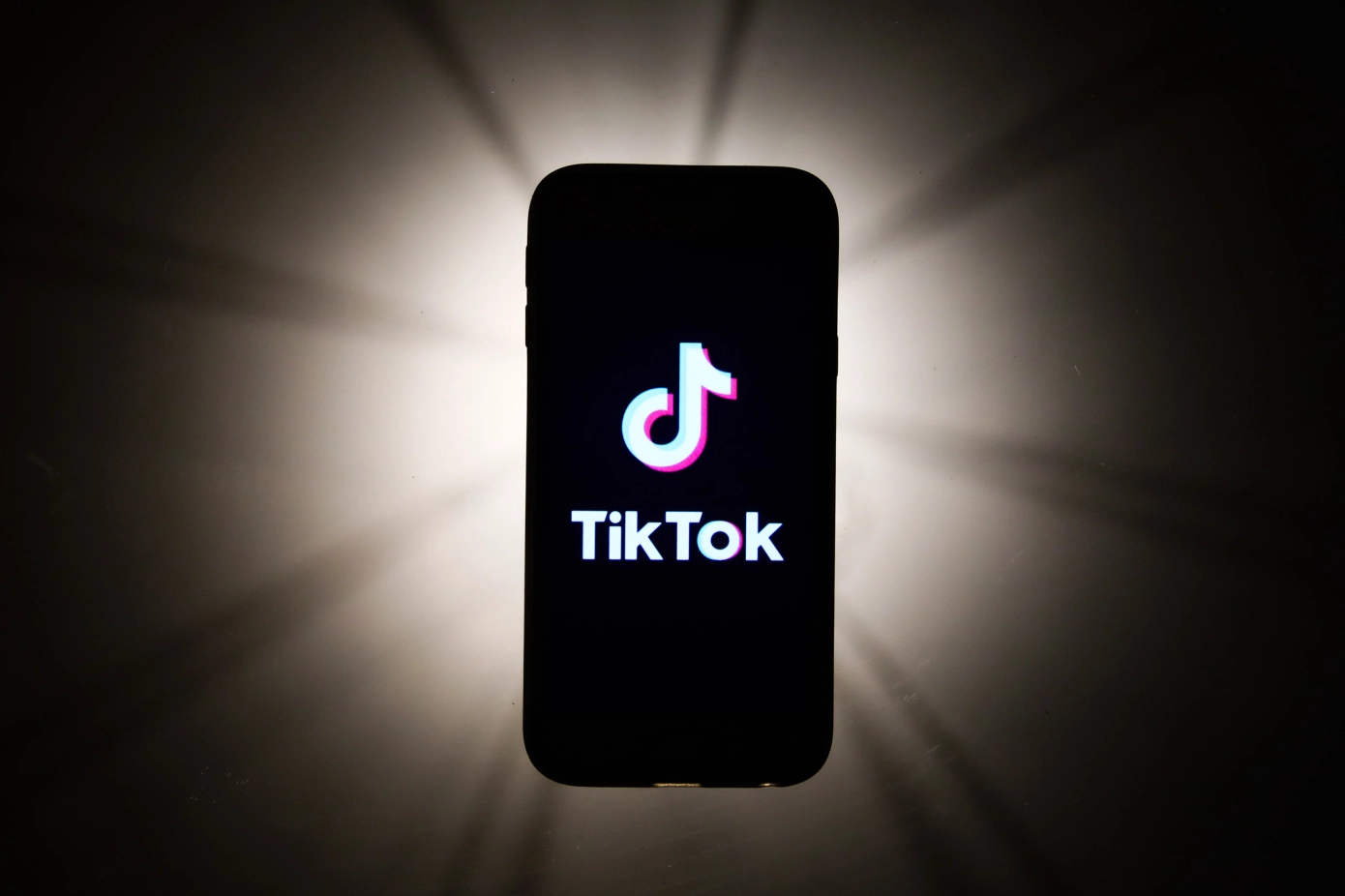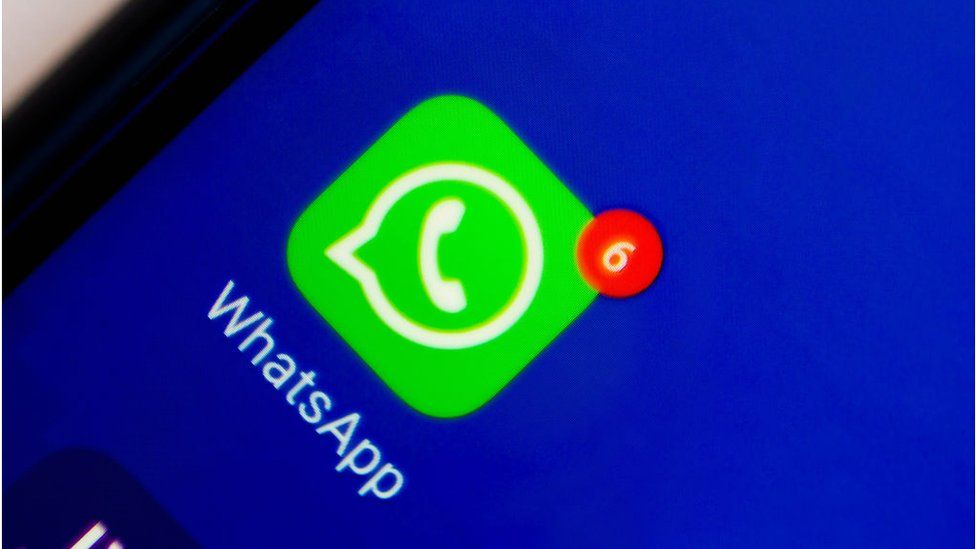WhatsApp sues India government for "severely undermine" user's privacy
The new IT laws, which have been described as oppressive and draconian, give the Indian government greater power to monitor online activity, including on encrypted apps such as WhatsApp and Signal. They were passed in February but were due to come into effect on Wednesday, according to rhe Guardian.
Under the laws, encryption – which keeps communications on the app private and inaccessible to outside parties – would have to be removed from WhatsApp in India and messages would have to be put into a “traceable” database. The government would then be able to identify and take action against the sender if any content was ruled “unlawful”.
 |
| The WhatsApp legal challenge is the latest escalation of a battle between big tech companies which have a huge and growing user base in India Photograph: Sajjad Hussain/AFP/Getty Images |
WhatsApp, which has more than 400 million users in India and is a fundamental tool of communication across the country, said it would not store the data of its users and infringe their privacy. The company filed a lawsuit in the Delhi courts on Wednesday on the basis the new laws are unconstitutional and a violation of citizen’s right to the preservation of privacy, as mentioned in a 2017 supreme court ruling.
“Some governments are seeking to force technology companies to find out who sent a particular message on private messaging services. This concept is called ‘traceability’,” said WhatsApp in an online statement. “WhatsApp is committed to doing all we can to protect the privacy of people’s personal messages, which is why we join others in opposing traceability.”
India's Ministry of Electronics and Information Technology called WhatsApp's lawsuit an "unfortunate attempt" to prevent the new rules from coming into effect at the last minute, CNN reported.
 |
| Photo: Getty Images |
"The government respects the right of privacy and has no Intention to violate it when WhatsApp is required to disclose the origin of a particular message," it said in a statement.
The ministry said it would only ask the platform to reveal private data if required for the investigation or prevention of "very serious offenses" related to the sovereignty, security and integrity of India, public order, rape, child sex abuse or sexually explicit material.
A government "that chooses to mandate traceability is effectively mandating a new form of mass surveillance," WhatsApp has written in a blog post about why it opposes the practice. "Traceability forces private companies to turn over the names of people who shared something even if they did not create it, shared it out of concern, or sent it to check its accuracy."
“Broadening battle between the biggest tech companies and governments”
This is not the first time tensions have arisen between WhatsApp and the Indian government. In 2019, the finger was pointed at the Modi government after WhatsApp claimed that Indian journalists, scholars and activists were among users targeted with spyware which meant their personal information could be accessed remotely.
WhatsApp alleged that NSO Group’s software had been used to target the users and filed a lawsuit against the Israeli firm in the US. NSO Group has previously denied the claim and has said it ought to be immune from such lawsuits because its clients are foreign governments and it is they which are responsible for deploying the software.
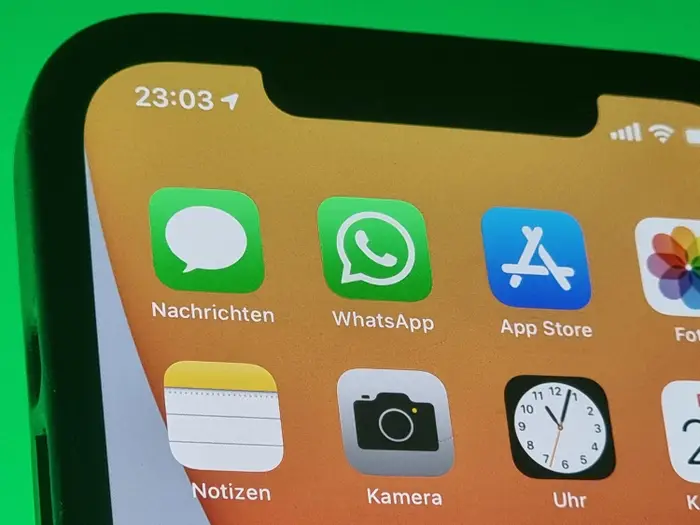 |
| Picture Alliance / DPA/Picture Alliance via Getty Images |
The company has argued that its government clients are only meant to use its technology against terrorists and criminals, and it is not privy to who is targeted by its surveillance tools. The Indian government has denied any responsibility.
The lawsuit is part of a broadening battle between the biggest tech companies and governments around the world over which of them has the upper hand. Australia and the European Union have drafted or passed laws to limit the power of Google, Facebook and other companies over online speech, while other countries are trying to rein in the companies’ services to stifle dissent and squash protests. China has recently warned some of its biggest internet companies against engaging in anticompetitive practices, according to New York Times.
WhatsApp has long maintained that it does not have insight into user data and has said it does not store messages sent between users. That is because the service is end-to-end encrypted, which allows for two or more users to communicate securely and privately without allowing others to access the messages.
More than a billion people rely on WhatsApp to communicate with friends, family and businesses around the world. Many users are in India.
Tensions between tech companies and the Indian government escalated this week when the police descended on the New Delhi offices of Twitter to contest labels affixed to certain tweets from senior members of the government. While Twitter’s offices were empty, the visit symbolized the mounting pressure on social media companies to rein in speech seen as critical of the ruling party.
Facebook and WhatsApp have long maintained working relationships with the authorities in dozens of countries, including India. Typically, WhatsApp has said it will respond to lawful requests for information and has a team that assists law enforcement officials with emergencies involving imminent harm.
Only rarely has WhatsApp pushed back. The service has been shut down many times in Brazil after the company resisted requests for user data from the government. And it has skirmished with U.S. officials who have sought to install “back doors” in encrypted messaging services to monitor for criminal activity.
But WhatsApp argued that even if it tried enacting India’s new “traceability” rules, the technology would not work. Such a practice is “ineffective and highly susceptible to abuse,” the company said.
Other technology firms and digital rights groups like Mozilla and the Electronic Frontier Foundation said this week that they supported WhatsApp’s fight against “traceability.”
“The threat that anything someone writes can be traced back to them takes away people’s privacy and would have a chilling effect on what people say even in private settings, violating universally recognized principles of free expression and human rights,” WhatsApp said.
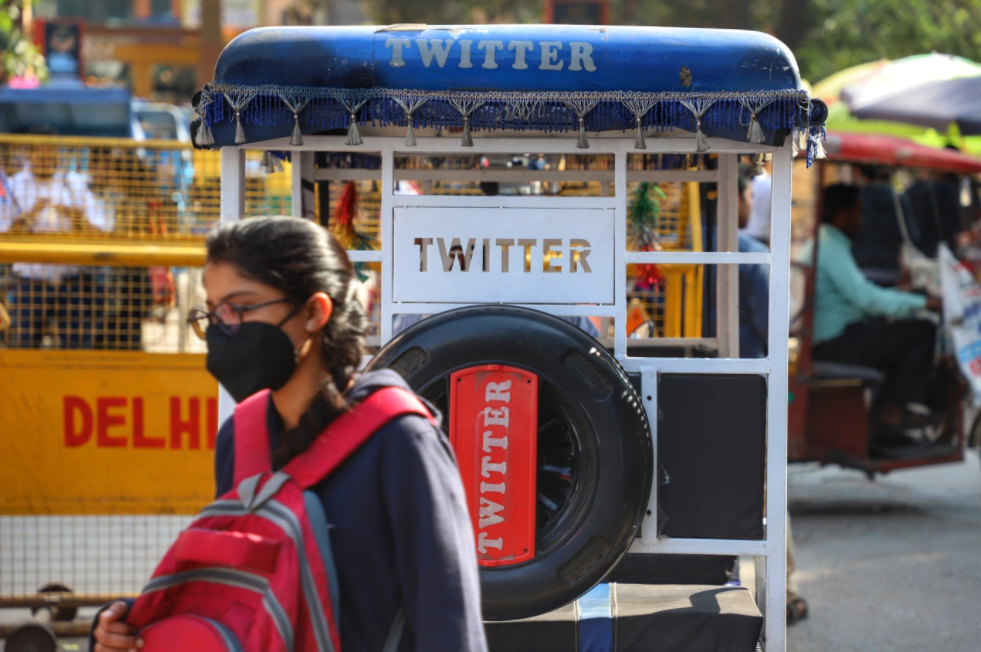 | India warns Twitter to impose ban on accounts linked to protests India threatened to punish Twitter if it doesn’t comply with a government request to restore a block on accounts connected to tweets about farmers’ protests ... |
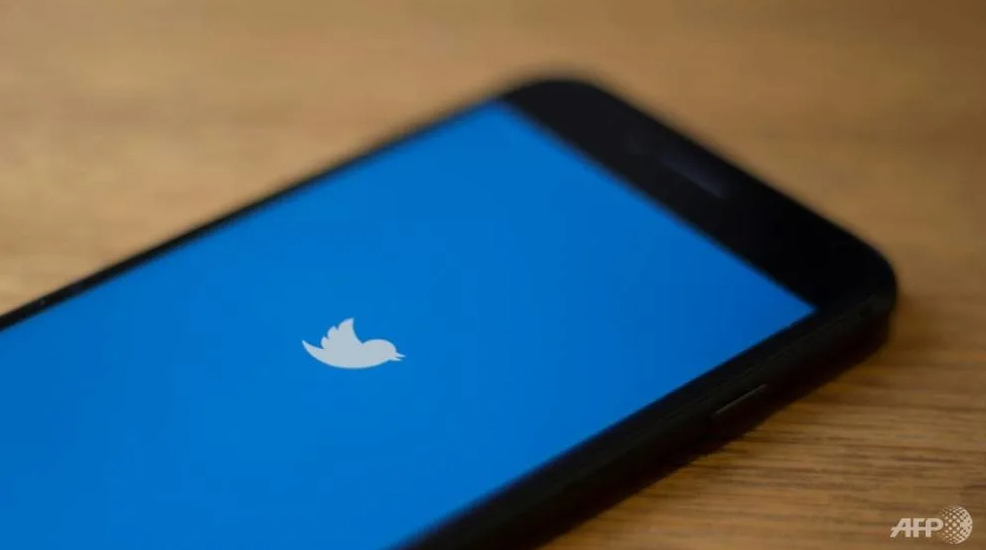 | Twitter locked account of China's U.S. embassy over Xinjiang-related tweet Twitter has locked the account of China's U.S. embassy for a tweet that defended China's policies in the Xinjiang region, which the U.S. social media ... |
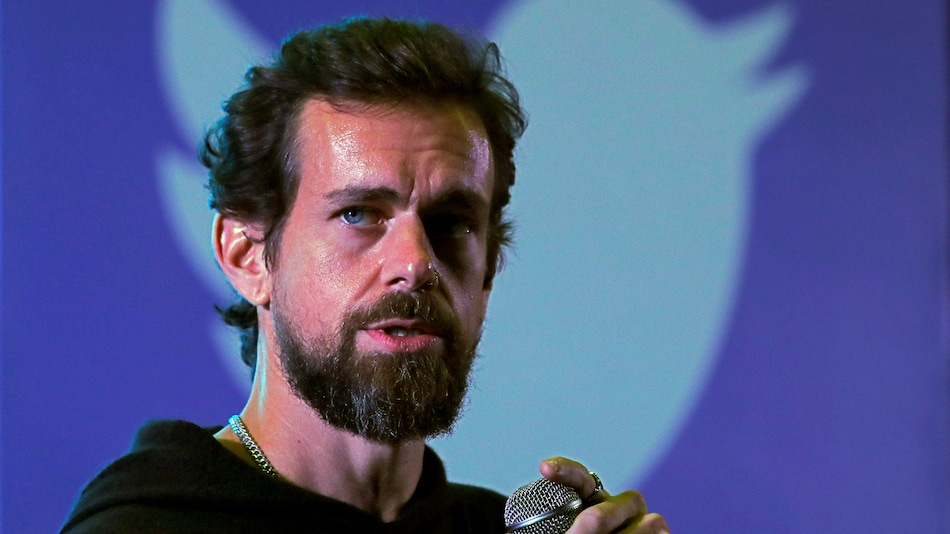 | CEO Jack Dorsey says Twitter's decision to ban Trump was right, but also 'failure' In the recent posts on Twitter, Twitter CEO Jack Dorsey has defended his company's decision to Donald Trump, saying that it is the company's failure ... |
Recommended
 World
World
‘We stand with India’: Japan, UAE back New Delhi over its global outreach against terror
 World
World
'Action Was Entirely Justifiable': Former US NSA John Bolton Backs India's Right After Pahalgam Attack
 World
World
US, China Conclude Trade Talks with Positive Outcome
 World
World
Nifty, Sensex jumped more than 2% in opening as India-Pakistan tensions ease
Popular article
 World
World
Easing of US-China Tariffs: Markets React Positively, Experts Remain Cautious
 World
World
India strikes back at terrorists with Operation Sindoor
 World
World
India sending Holy Relics of Lord Buddha to Vietnam a special gesture, has generated tremendous spiritual faith: Kiren Rijiju
 World
World

